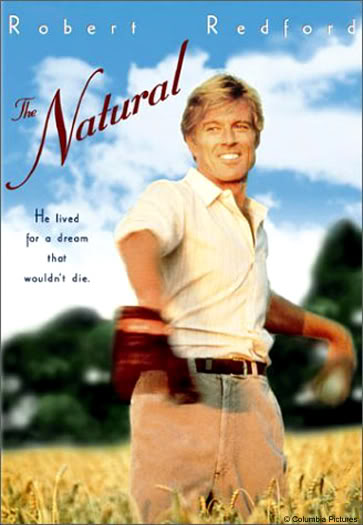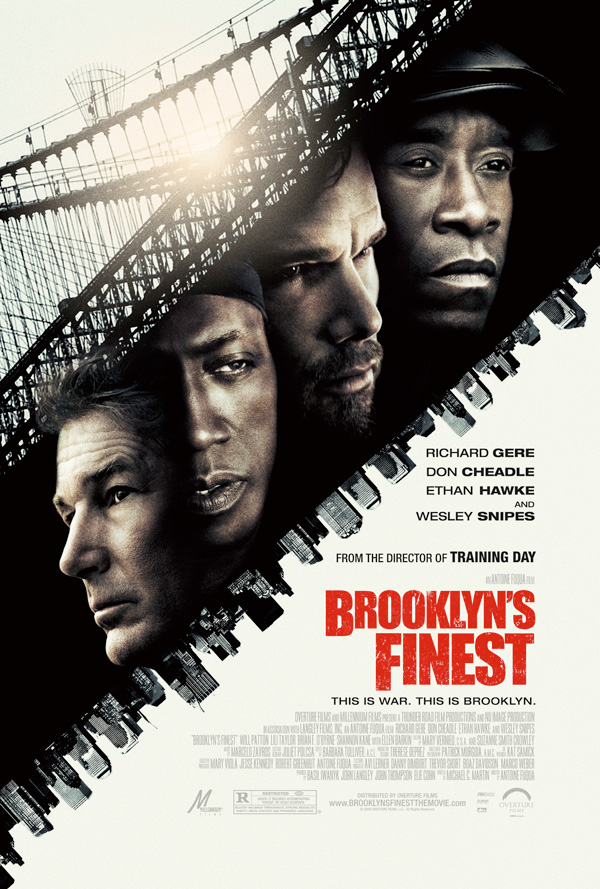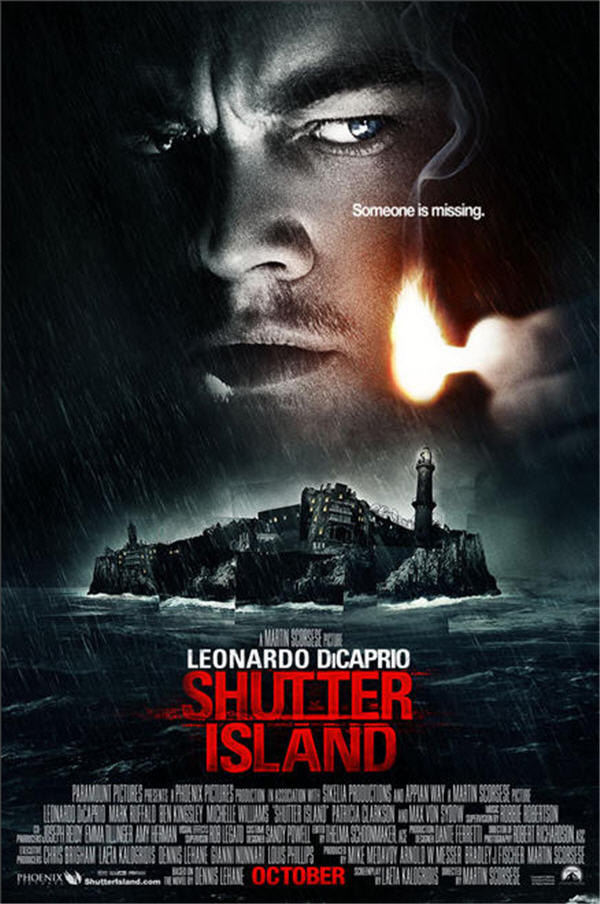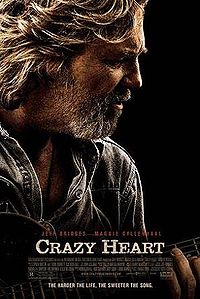The Natural (Director’s Cut)

The Natural (Director's Cut)
Rating: 




Movie: Brooklyn’s Finest (2010)
Studio : Millenium Films
Info : Click Here
Runtime : 144 min
Website : N/A
Trailer : 
Review:
“The Natural” was one of the first major films directed by Barry Levinson who has produced 41 projects, written 26, and directed 34, on top of acting in 9, making him one of the most prolific film makers in Hollywood 25 years later. In 1984, only his third film made was a sensation, much having to do with the movie starring Robert Redford, backed by Glenn Close, Kim Basinger, Robert Duvall, and Wilford Brimley. For Redford, this was his 51st project, which might have seems anti-climactic for the actor, having followed such projects as “The Chase” starring Marlon Brando, “Butch Cassidy and the Sundance Kid” and “The Sting” costarring alongside Paul Newman, “The Great Gatsby”, and “A Bridge too Far”. Already 48, Redford’s acting career had seen some of its greatest successes. Despite being in the shadow of many of his greatest successes, there is the ability to say that he might not have peaked until the making of this film. Between Rotten Tomatoes and IMDB, “The Natural” didn’t make a huge impression on the public, but some of the movies with the highest production value go unseen.
Like every film, the first five minutes are key. The film opens with a young Roy Hobbs (Redford) diving for a catch in a tall, grassy field. A soft fanfare accentuates the catch. Redford immediately is shown, remembering the lessons of his youth including him witnessing the death of his father. The second most important character of the film is shown almost immediately afterward, his baseball bat, “Wonderboy” which he hand-carved from the wood of a tree struck by lightning. After boarding a train, he is elicited the challenge to pitch to a character that can only be Babe Ruth. In three pitches, he strikes “Whammer” out. Though he is on the train to become the newest member of professional baseball, Hobbs makes it no further than the train, being shot by a silver bullet from an assassin’s gun. The story is based on the novel written by Bernard Malamud who fictionalized the career of Philadelphia Phillies’ Eddie Waitkus, who was shot by an obsessed fan.
The film is well written, with a style that sounds truly natural (forgive the pun) coming from each of the of the incredible performer’s mouths coupled with the direction of Levinson and the script by Roger Towne and Phil Dusenberry.
The film’s lighting is incredibly positioned, with soft key lights and orange filters which gives the movie a warm, summer-like feel which is fitting of a baseball movie. Because of this, the primary colors are warm tones, including the New York Knights’ accentuating red on their uniforms. The warm tones also help to create an old feel, as Wilkus’ and subsequently, Hobbs career was primarily in the 1930s.
The color red is almost in every shot of the film, from the roses during his first dinner in a hotel, which foreshadows Hobb’s passionate relationship with the girlfriend (Basinger) of one of the other baseball players (Madsen). Because of the filters, the blue is do dark that in many shots, it looks little more than a deep purple or even black. At moments in the film, only natural light is used, coupled with dark silhouettes, giving the look of inspiration coming from filme noir that was popular during the era, which helps to give authenticity to the project. During the time that they play early on, the filters are changed to a blue, reflecting the feeling of depression and frustration by all of the characters, despondent over the fact that they have been on a severely losing streak. One pitch is sent to him, which passes him without a swing. His second pitch is accentuated with a lightning bolt as his bat connects with the ball, knocking the leather from the insides. Immediately afterward the warm filters are back, the news reporters already.
There are many points of humor, which are only moments here or there, grouped together, including the 7th inning stretch speeches which liken losing to a disease.
I won’t ruin the last 2/3 of the film. What I can say is that it definitely is worth the watch, having a runtime of almost 2 ½ hours. Not only is this probably Redford’s greatest film, it is also one of the greatest films ever made, with a story that ends naturally, neither happily nor sad, but with great closure to a great story. If you haven’t seen this film, or if it’s been years, it would behoove you to change the habit, pick it up from the rental store or put it in the queue of your Netflix account. You won’t be disappointed.
-M. Sigurd Hall



